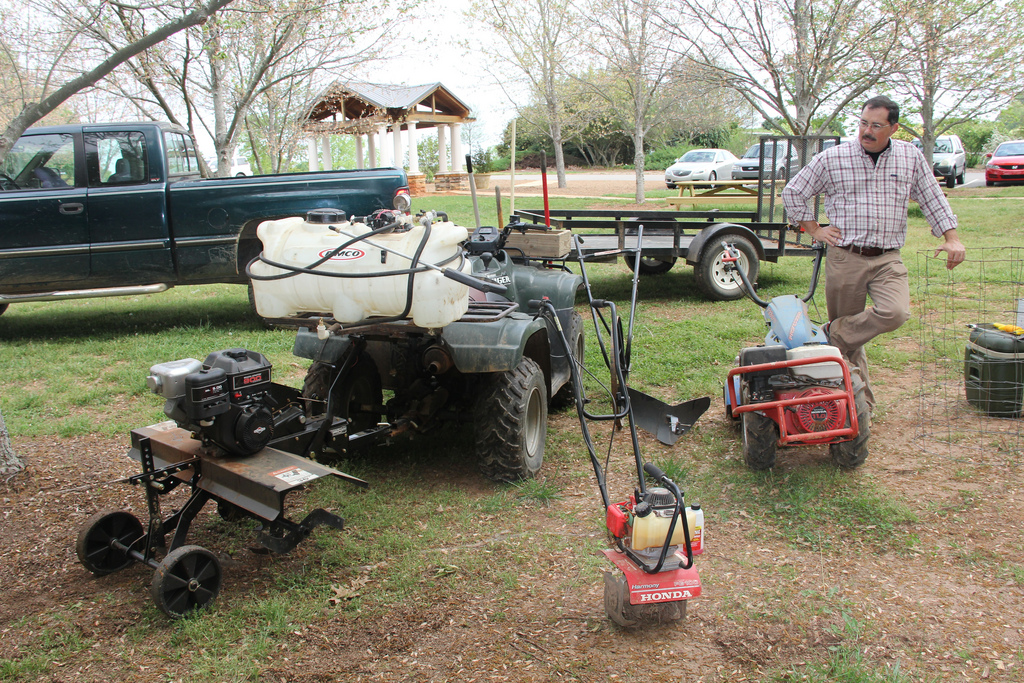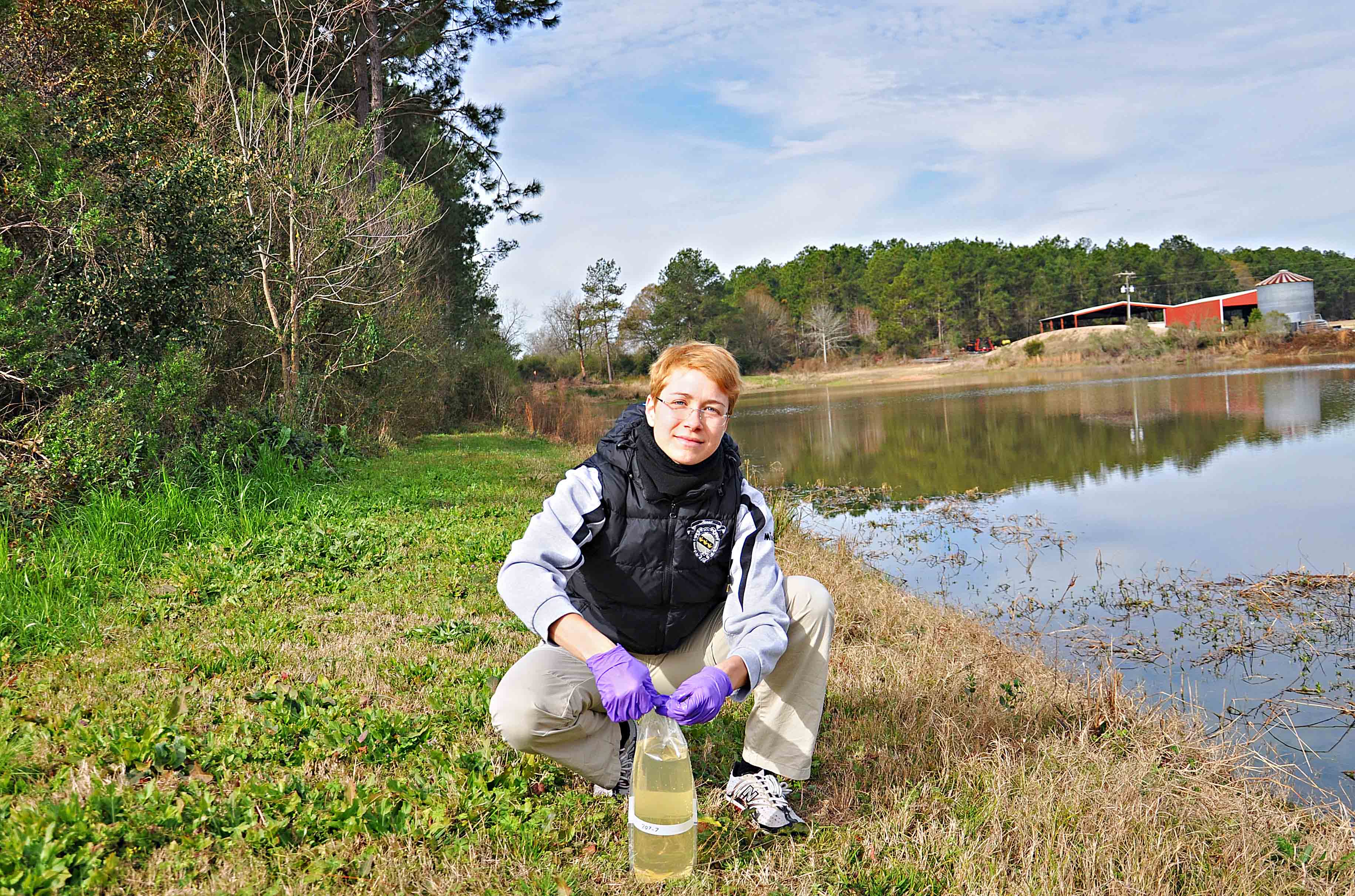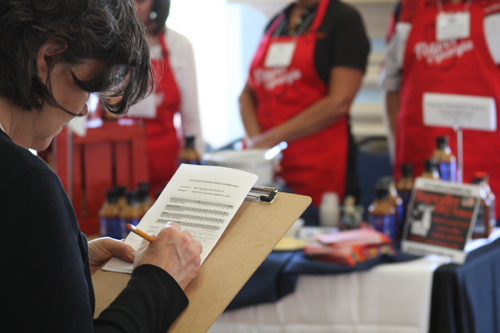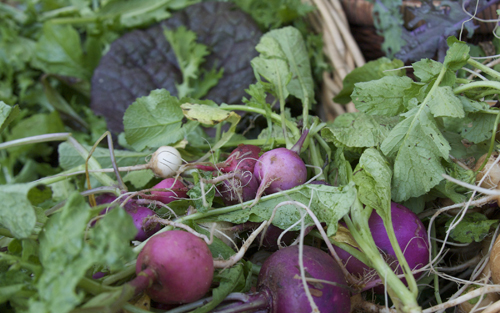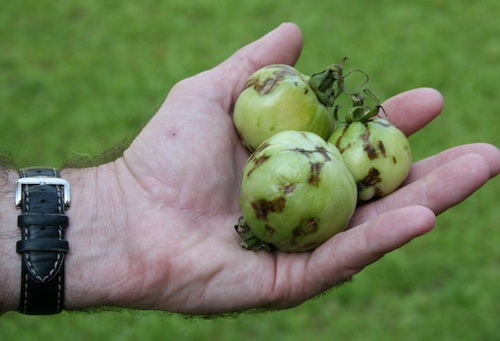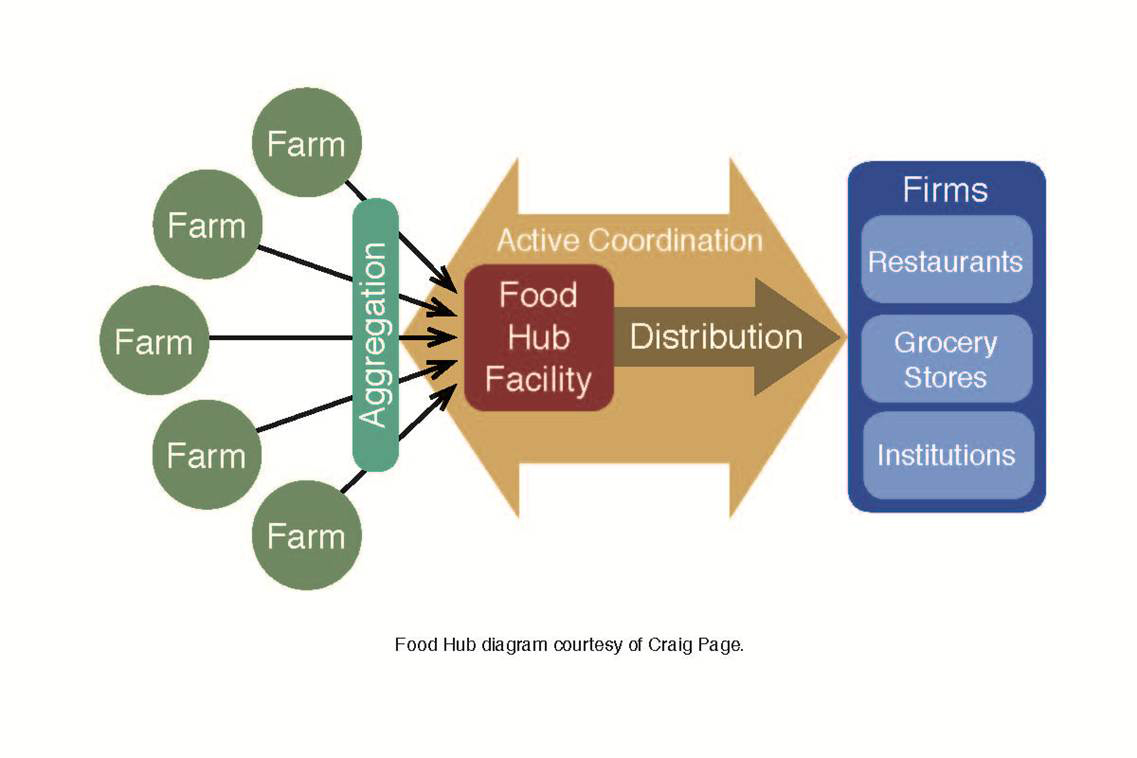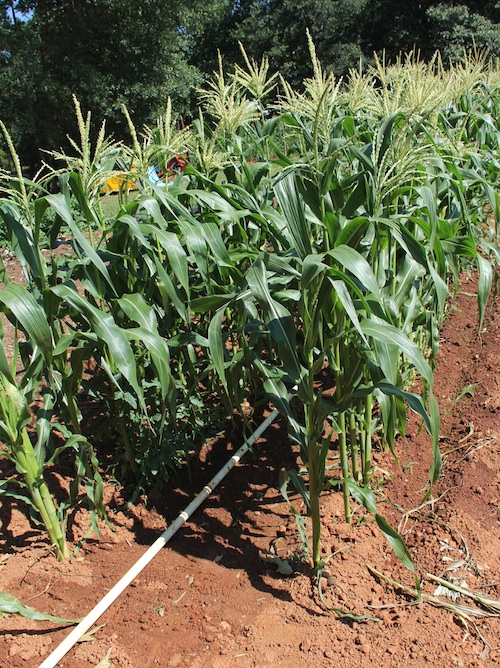 CAES News
CAES News
Water, bugs and space
Springtime brings questions about gardening, and some of the most common gardening questions have to do with watering, bugs and how to grow more food in less space. Here is some basic information from University of Georgia Cooperative Extension to help answer these common questions.


